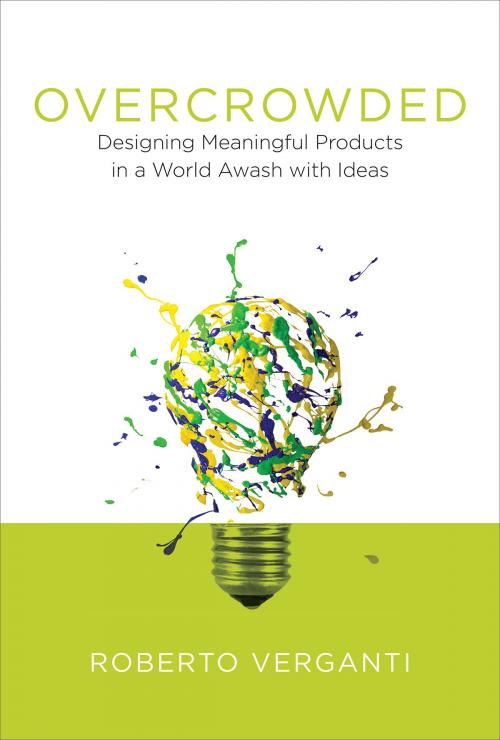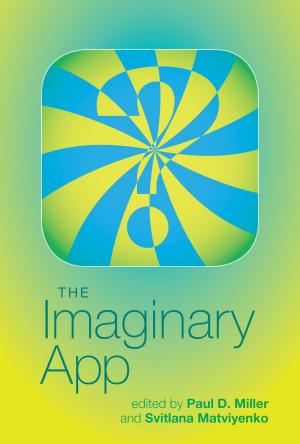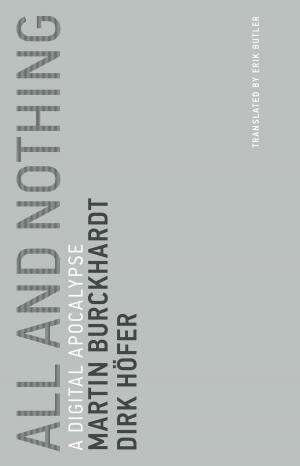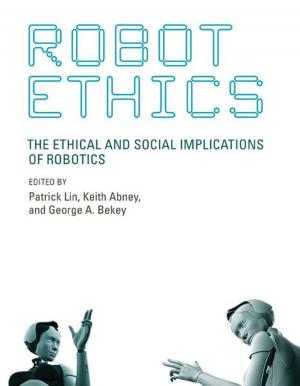Overcrowded
Designing Meaningful Products in a World Awash with Ideas
Nonfiction, Art & Architecture, General Art, Graphic Art & Design, General Design, Business & Finance, Career Planning & Job Hunting, Entrepreneurship, Entrepreneurship & Small Business| Author: | Roberto Verganti | ISBN: | 9780262335836 |
| Publisher: | The MIT Press | Publication: | January 27, 2017 |
| Imprint: | The MIT Press | Language: | English |
| Author: | Roberto Verganti |
| ISBN: | 9780262335836 |
| Publisher: | The MIT Press |
| Publication: | January 27, 2017 |
| Imprint: | The MIT Press |
| Language: | English |
A more powerful innovation, which seeks to discover not how things work but why we need things.
The standard text on innovation advises would-be innovators to conduct creative brainstorming sessions and seek input from outsiders—users or communities. This kind of innovating can be effective at improving products but not at capturing bigger opportunities in the marketplace. In this book Roberto Verganti offers a new approach—one that does not set out to solve existing problems but to find breakthrough meaningful experiences. There is no brainstorming—which produces too many ideas, unfiltered—but a vision, subject to criticism. It does not come from outsiders but from one person's unique interpretation.
The alternate path to innovation mapped by Verganti aims to discover not how things work but why we need things. It gives customers something more meaningful—something they can love. Verganti describes the work of companies, including Nest Labs, Apple, Yankee Candle, and Philips Healthcare, that have created successful businesses by doing just this. Nest Labs, for example, didn't create a more advanced programmable thermostat, because people don't love to program their home appliances. Nest's thermostat learns the habits of the household and bases its temperature settings accordingly.
Verganti discusses principles and practices, methods and implementation. The process begins with a vision and proceeds through developmental criticism, first from a sparring partner and then from a circle of radical thinkers, then from external experts and interpreters, and only then from users.
Innovation driven by meaning is the way to create value in our current world, where ideas are abundant but novel visions are rare. If something is meaningful for both the people who create it and the people who consume it, business value follows.
A more powerful innovation, which seeks to discover not how things work but why we need things.
The standard text on innovation advises would-be innovators to conduct creative brainstorming sessions and seek input from outsiders—users or communities. This kind of innovating can be effective at improving products but not at capturing bigger opportunities in the marketplace. In this book Roberto Verganti offers a new approach—one that does not set out to solve existing problems but to find breakthrough meaningful experiences. There is no brainstorming—which produces too many ideas, unfiltered—but a vision, subject to criticism. It does not come from outsiders but from one person's unique interpretation.
The alternate path to innovation mapped by Verganti aims to discover not how things work but why we need things. It gives customers something more meaningful—something they can love. Verganti describes the work of companies, including Nest Labs, Apple, Yankee Candle, and Philips Healthcare, that have created successful businesses by doing just this. Nest Labs, for example, didn't create a more advanced programmable thermostat, because people don't love to program their home appliances. Nest's thermostat learns the habits of the household and bases its temperature settings accordingly.
Verganti discusses principles and practices, methods and implementation. The process begins with a vision and proceeds through developmental criticism, first from a sparring partner and then from a circle of radical thinkers, then from external experts and interpreters, and only then from users.
Innovation driven by meaning is the way to create value in our current world, where ideas are abundant but novel visions are rare. If something is meaningful for both the people who create it and the people who consume it, business value follows.















